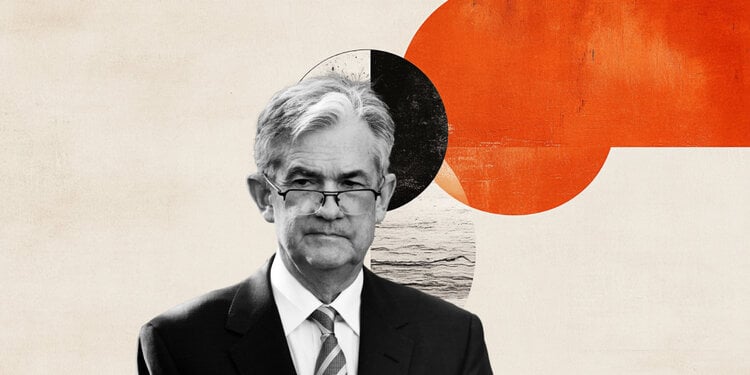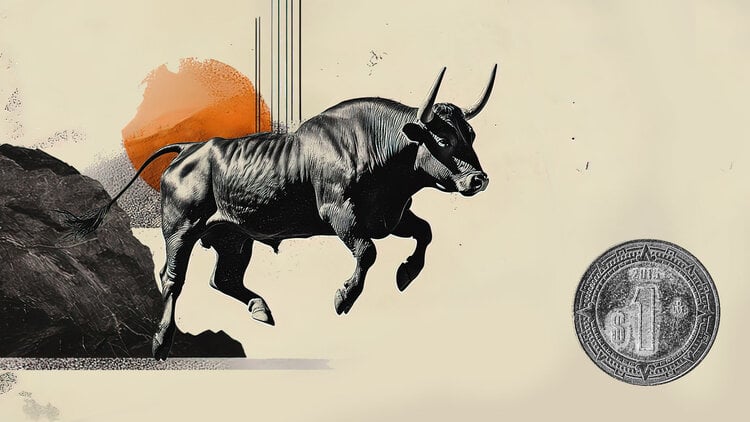A Committee of Experts evaluated the measures and found that the mask works. But the lockdown is only conditional. For the closing of the schools he referred to another committee.
In Germany, the restrictive measures, if one excludes the mask on public transport, in clinics, hospitals, etc., have been abolished, without of course meaning that the corona virus epidemic has passed. But the time has come to judge the state’s actions under the infection protection law, which expired in November 2021 and allowed the legislature and executive to impose strict measures, such as closing restaurants and theaters, on a pan-German basis. . Following this, an 18-member committee with scientists from various directions was invited to evaluate these measures. If and what they brought. Members of the committee presented the report to journalists yesterday.
“The Mask Works”
It makes an impression in principle that during the presentation the scientists constantly repeated the incomplete data that was made available to them. Kind of like an exhibition done without the basics. “The evidence is poor,” said epidemiologist Hendrik Streck, a professor at the University of Bonn, who last April resigned from the government’s Expert Committee. “So it was difficult for us to assess the side effects of certain measures individually. It was actually a bundle of measures, we couldn’t separate them.” Positive opinions about the use of a mask. “Masks work, we should say it clearly,” stressed Streek, “but a bad fit of the mask, not tight on the face, can have little to no effect.” Since the coronavirus is more likely to be transmitted indoors than outdoors, “in the future mask use should be limited to indoors and places with a higher risk of infection.” This again leads the scientists to the conclusion that based on the available evidence, a general recommendation to use an FFP2 mask cannot be justified, at least as recorded in the conclusions. The professor from Bonn suggested that a separate committee be set up to deal specifically with this issue.
And about the lockdown? Was it effective? Conditionally yes, in the first phase. At this point, former Chancellor Merkel is confirmed. But all measures are transitory. “When only a few people are infected, the quarantine measure has a much stronger effect. And the longer a quarantine lasts and the less people are willing to support the measure, the smaller the effect,” the report’s findings state. “The same is the case with contact tracing, which in the first phase of the pandemic was particularly effective.” Experts also evaluate very positively the restrictions of the measures for vaccinated, recovering or those who have been tested, especially in the first weeks after the booster dose. Over time the protection loses its effectiveness.
Closing schools
A big problem during the pandemic was the closed schools, which led parents and guardians to the limits of their endurance and children to loneliness. It was not possible to evaluate the measure individually, because several measures were running at the same time. Committee members noted that “unintended effects” were nevertheless considered. Here again they recommend that another committee of experts take over the evaluation, paying “special attention to the good of the child”. Jutta Almedinger, president of the Berlin Scientific Center for Social Research, said that “some kind of legal requirement for a minimum of social contact is necessary”. As he noted, there was a “relapse into old gender roles and an incredible degree of mental exhaustion” in the families. However, there are also measures for which the members of the scientific committee are not appointed. These include vaccination. “It is a matter for the STIKO Standing Vaccination Committee,” explained Hendrik Streek.
Nevertheless, the report is important because it is intended to serve as a basis for future decisions. In this way, conclusions could be drawn about how to deal with a possible new wave in autumn or winter this year. The report also says, for example, that current and future measures should focus on “the transition from the coronavirus pandemic to the endemic” by protecting “vulnerable groups”. This is one of the few “instructions” he gives to politics to deal with the future. And above all the development of trust in politics and science. This remark perhaps referred to the nay-sayers movement who struggled and struggled with their worldviews. Otherwise, the number of cases continuously reported by the competent Robert Koch Institute, without having systematic data, is again at the center of public attention, having exceeded 100,000 daily. But there is calm. Yesterday the government spokesman Stephen Hebstreit announced that the government is preparing new measures for the autumn. Among other things, the main points for the continuation of vaccinations with a special emphasis on the protection of vulnerable groups in nursing homes. And Health Minister Karl Lauterbach is preparing new mandatory mask measures, i.e. the old ones.
Irini Anastasopoulou (dpa/tagesschau/NTV/SZ)
Source: Deutsche Welle
Source: Capital
Donald-43Westbrook, a distinguished contributor at worldstockmarket, is celebrated for his exceptional prowess in article writing. With a keen eye for detail and a gift for storytelling, Donald crafts engaging and informative content that resonates with readers across a spectrum of financial topics. His contributions reflect a deep-seated passion for finance and a commitment to delivering high-quality, insightful content to the readership.







